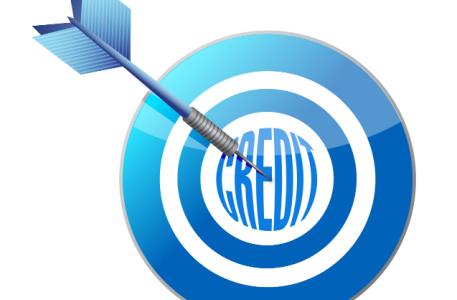
Is Your Credit Report Accurate?
Mistakes happen occasionally. But when they appear on your credit report and hurt your credit score, a mistake could make it harder to borrow money for a house, a car, or other purchases, as well as the overall cost of your home.
Credit reports are also used to decide whether you can rent an apartment; or determine the cost of auto and homeowners’ insurance. Lenders, landlords, insurance companies, and some employers rely on credit reports for background research.
So, what should you know about checking your credit report?
Three Major Credit Bureaus
In the U.S., there are three nationwide credit reporting companies—Equifax, Experian, and TransUnion. Each organization collects information on your credit accounts and payment history and assigns a credit score, but their sources and methods vary, and errors can occur.
That’s why reviewing all three credit agencies’ reports is essential. Additionally, checking for mistakes is one of the best ways to spot identity theft.
How to Get Copies
Traditionally, you could only obtain a free copy of your report from each agency once every twelve months. But since the start of the COVID-19 pandemic and continuing through December 2023, all three credit bureaus have allowed free weekly access to online credit reports.
The easiest way to request copies is through the federally authorized site AnnualCreditReport.com, where you can view or print each report after completing three steps.
Note that the free reports don’t include your credit score—just details about you and the credit accounts you’ve opened and closed or continue to use.
What Items Should You Check?
Some mistakes can cause more significant problems than others. The Consumer Financial Protection Bureau (CFPB) recommends reviewing these items:
Personal information
- Errors in your identity data, such as a wrong name, phone number, or address
- Accounts belonging to another person with the same or similar name as you
- Incorrect accounts resulting from identity theft
Reporting of account status
- Closed accounts reported as open
- You appear as the owner of the account when you’re just an authorized user
- Accounts that are incorrectly reported as late or delinquent
- Incorrect date of last payment, date opened, or date of first delinquency
- The same debt is listed more than once
Balance errors
- Accounts with an incorrect current balance
- Accounts with an incorrect credit limit
Data management errors
- Reinsertion of incorrect information after somebody corrected it
- Accounts that appear multiple times with different creditors listed
The CFPB also provides a comprehensive credit report checklist with detailed suggestions for correcting mistakes.
Are There Signs of Identity Theft?
If you spot incorrect information that might indicate identity theft, it’s essential to act quickly! For example, the most obvious clues on a credit report are an address where you never resided and accounts you never opened.
The Federal Trade Commission (FTC) offers a comprehensive guide to identifying, reporting, and recovering from identity theft.
How to Correct Errors
It’s also essential to clear up any negative information that might impact your ability to borrow money at an attractive rate or have other adverse effects. For example, a credit card issuer might claim that your account is over 30 days past due, even though you know you’re payments are current.
Fixing a mistake usually requires contacting the information source (the company that issued the loan or the credit card in question) and the credit agency displaying that information in your credit report.
Each credit agency has a process for filing disputes. Contact Equifax, Experian, and TransUnion directly for additional details.
